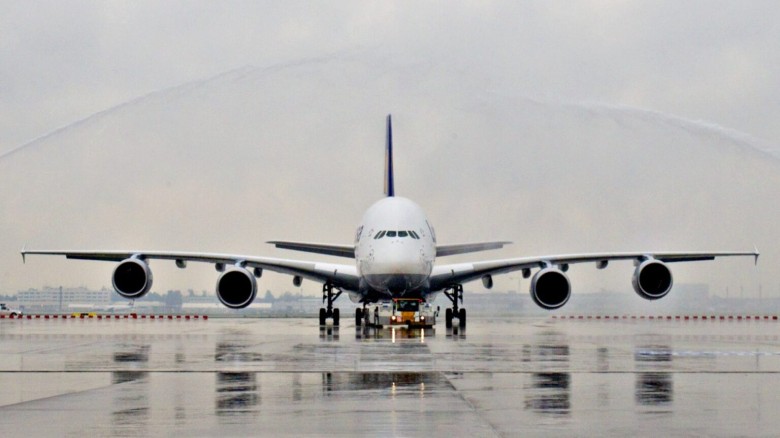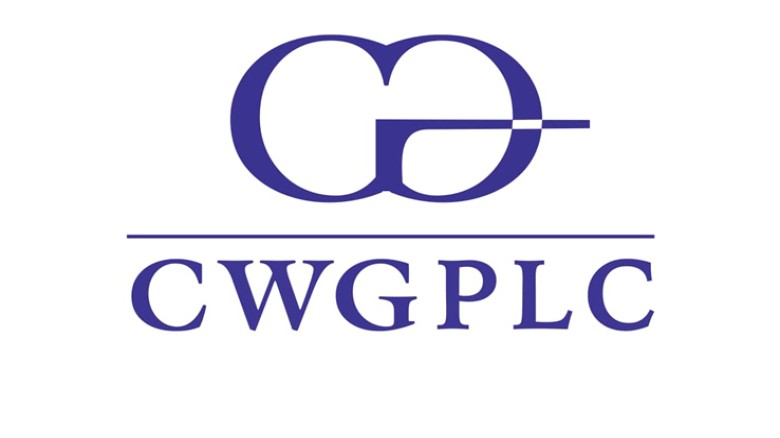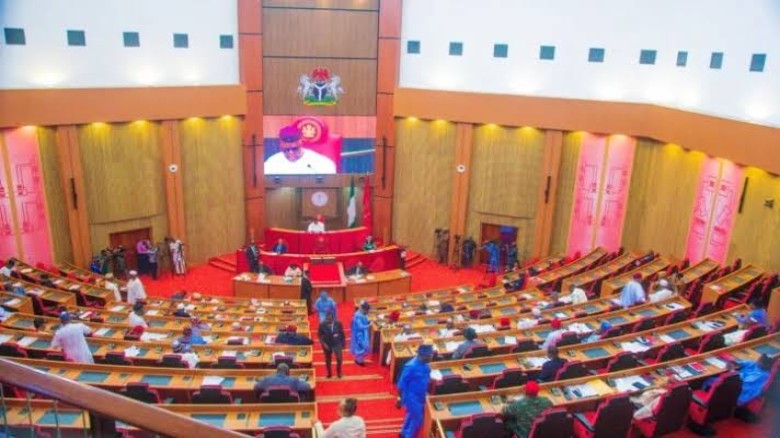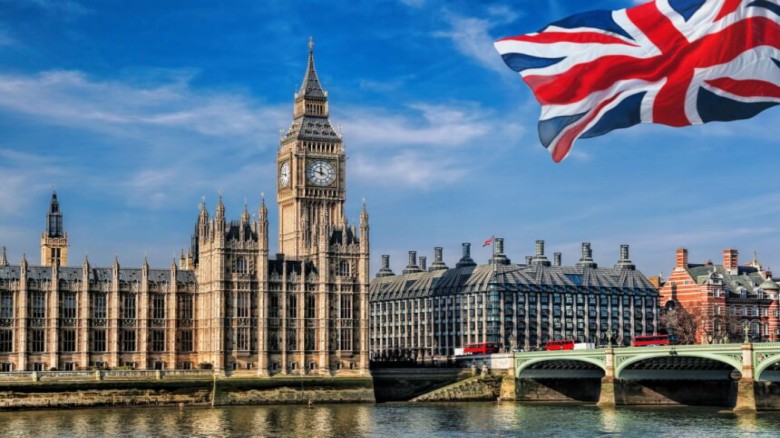Crude producers warn against pressure to sell to Dangote Refinery
Oil producers, under the umbrella of the Independent Petroleum Producers Group, have issued a warning against being pressured to sell their crude oil to the Dangote Refinery and other nearby refineries.The IPPG also requested that the Nigerian National Petroleum Company Limited reallocate volumes of its allocated crude oil to Dangote Refinery and other local refineries in order to alleviate the current crude oil shortage that local refiners are experiencing, which is affecting the availability of local products in several parts of Nigeria.
According to The Punch, the Chairman of IPPG, Abdulrazak Isa, stated in a letter dated August 16, 2024, to the Chief Executive of the Nigerian Upstream Petroleum Regulatory Commission, Gbenga Komolafe, that the NNPC should use its allocated 445,000 barrels per day intervention crude oil volume to salvage the current situation, as it has done in many previous instances.
Isa stated that several IPPG members already owned or supplied crude oil to local refineries, but he insisted that the NNPC was well-positioned to alleviate the current crude supply shortfall faced by local refiners by leveraging its statutory crude allocation for domestic consumption.
"Historically, NNPC has always maintained an intervention crude oil volume (445kbopd) to meet the country's domestic consumption. This volume has always been used, via various swap mechanisms, to import refined products for domestic use.
"Since there is now sufficient domestic refining capacity to meet demand, this dedicated volume should be reserved for all domestic refineries under a price hedge mechanism that can be provided by a suitable financial institution such as Afrexim Bank," he stated.
Isa, on the other hand, insisted that "any national production above this allocated volume should be treated strictly as export volumes, adhering to the willing buyer, willing seller framework of the international market, especially since the refiners will need to export excess products that surpass domestic demand, thereby boosting FX earnings."
The group expressed concern about a number of recent events, including the NUPRC's announcement of the crude oil production estimate for the second half of 2024 and the requirements for domestic crude oil refining, as well as the request that all producing companies submit monthly quotations for crude oil supply to licensed refineries in Nigeria.
IPPG specifically stated that some of its members had received letters from the Dangote Refinery requesting nominations for crude supply in October. They criticized the approach, claiming it violated the spirit of the Petroleum Industry Act 2021's willing-buyer, willing-seller framework and forced them to comply.
He asserted that the goal of improving the country's petroleum value chain should be pursued within the confines of the law and existing obligations, expressing confidence that all stakeholders could reach an amicable solution without jeopardizing existing commercial agreements, economic interests, and business models in each segment of the oil and gas sector.
"While we fully support and commend Nigerian entrepreneurs' efforts to increase domestic refining capacity, it is critical that no private sector business be unduly pressured into arrangements that effectively subsidise another in the oil and gas value chain under any guise.
"Under this willing-buyer, willing-seller framework, refiners must negotiate and implement long-term crude oil sales and purchase agreements with producers and their marketing agents. "These agreements should follow industry best practices, with typical tenures ranging from one to five years," the IPPG chairman stated.
Recall that Dangote and other local refineries have repeatedly accused international oil companies of failing to sell crude to them.
President Bola Tinubu later directed the NNPC to sell feedstock to local refineries in nairas.
The Federal Government announced on Monday that the agreement will go into effect in October.
























Leave A Comment